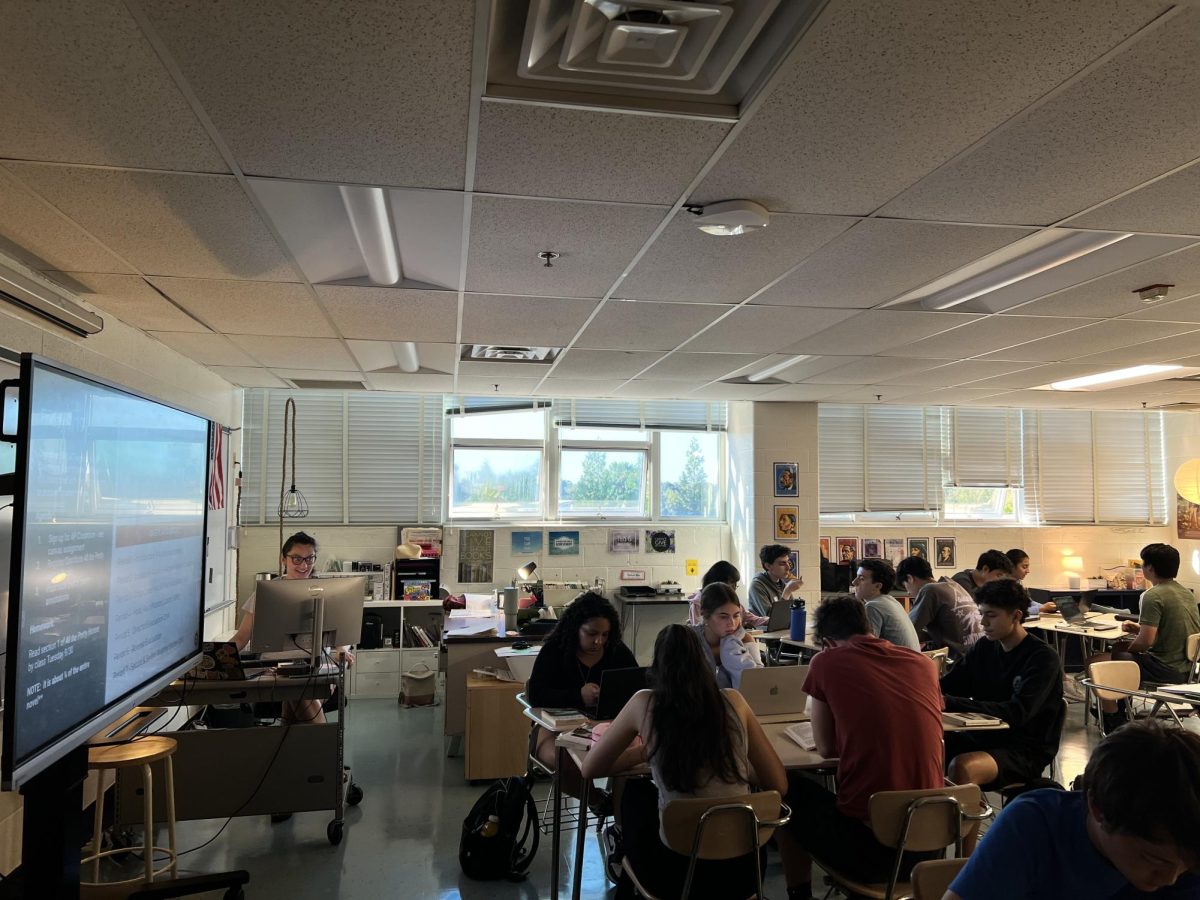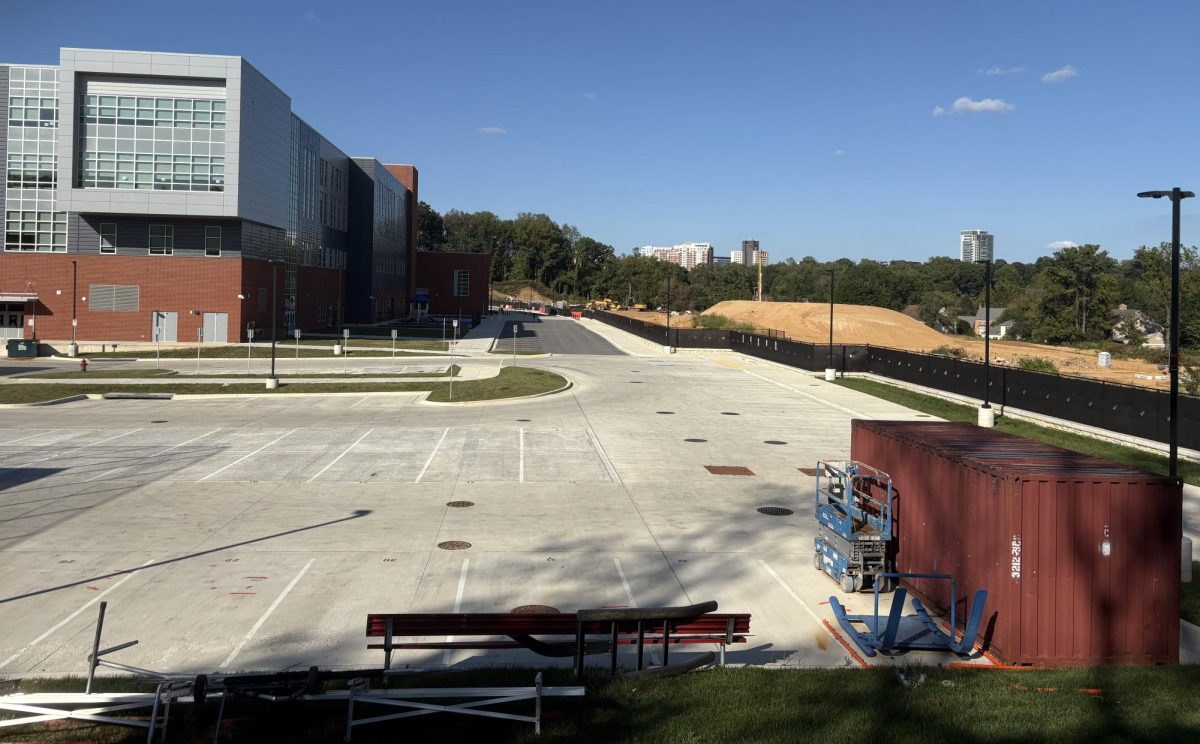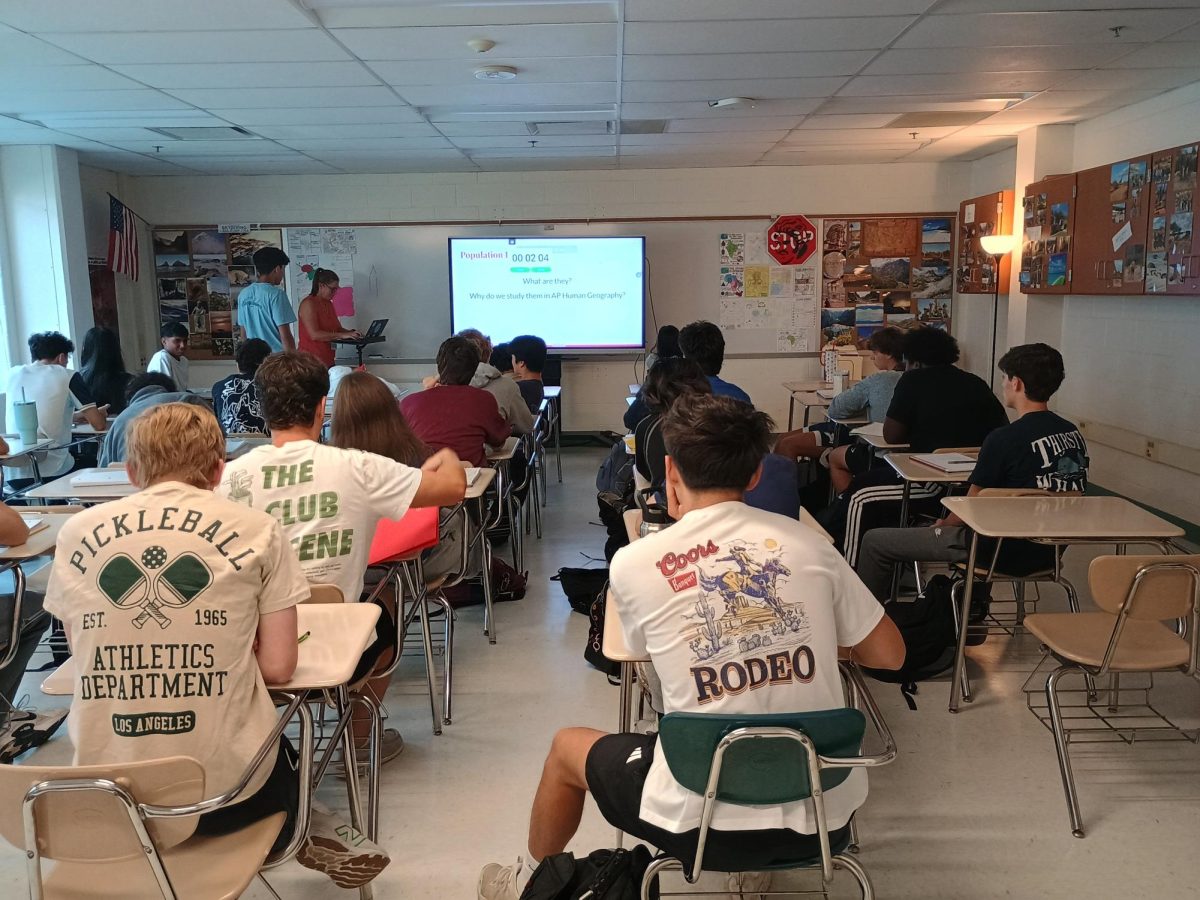This week, change ricocheted throughout the Middle East. Inspired by the success of Egypt and Tunisia, pro-democracy and anti-government protests are taking place across the region. Governments are struggling with responses, some offering negotiations and others violently cracking down. Meanwhile, the U.S. strives to provide a delicate balance, denouncing the use of violence and supporting democracy only verbally for governments with which it has been historically allied. Only time will tell just how fundamentally different the Middle East will be after these revolts.
- Egypt: While the country is still being managed by the military, an interim government headed by Prime Minister Ahmed Shafiq is reassuring the people and the world that it intends to move toward a civilian-led democracy. Steps towards a more inclusive government can be seen through the appointment of members of opposition parties to cabinet positions. The interim government is currently made up of cabinet officials appointed by Mubarak. Meanwhile, the government has frozen all financial assets of the Mubarak family.
- Yemen: Protests to oust President Ali Abdullah Saleh continue for a second week. There is a split in the opposition between the younger opponents, who want Saleh out immediately, and the coalition of opposition parties, who are content with Saleh’s pledge to step down in 2013. Pro-government forces are clashing periodically with demonstrators.
- Libya: Violent anti-government protests are destabilizing major cities such as Benghazi and Tripoli. Thousands protested on Feb. 17, the so-called “Day of Rage,” to demand an end to the rule of Colonel Muammar al-Gaddafi. The government reacted harshly, shutting down the Internet and, according to the Human Rights Watch, killing 173 protesters. Gaddafi’s hold appears to be faltering, as rebels have taken control of Benghazi and continue to fight in Tripoli.
- Bahrain: Tens of thousands of protesters of the country’s Shi’ite majority gathered in Pearl Square this week for non-violent protests demanding an end to the Sunni-controlled monarchy and a transition to a representative, parliamentary government. The government has used its police force to open fire on the protesters, sparking denouncements from the U.S. and an uneasy standoff between the government and the protesters.
- Tunisia: After the “Jasmine Revolution,” when corrupt and repressive President Zine al-Abinide Ben Ali was removed from power, an interim government headed by Prime Minister Mohamed Ghannouchi is ruling. It includes members of opposition parties, but there is an effective vacuum of power, with the absence of the police and military. Thousands of migrants are heading towards Italy in search of jobs.
All information gathered from the New York Times online.















